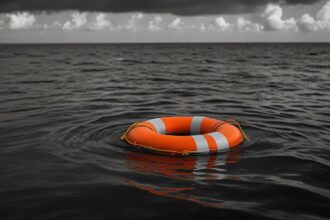The Annie E. Casey Foundation’s Kids Count Data Book reveals disparities in child well-being across states, with New Hampshire leading nationally. Meanwhile, Bournemouth University shines in global impact assessments, excelling in sustainable practices and UN Sustainable Development Goals.
Report on Child Well-Being in New Hampshire and Other States
The recent Kids Count Data Book by the Annie E. Casey Foundation highlights New Hampshire as the top state for overall child well-being in the U.S. The report, while noting high marks in health and economic standing, also points out ongoing challenges; over one-third of children in New Hampshire have experienced traumas such as exposure to domestic violence or parental incarceration. The state holds over $300 million in unspent federal pandemic funds, which advocates suggest could aid in addressing educational setbacks and mental health needs.
Similarly, Minnesota ranks fifth nationally for child well-being but faces educational shortcomings at the state and national levels. Deb Fitzpatrick from the Children’s Defense Fund mentions that recent legislative investments in universal lunches and early education have not yet reflected in the data. Despite substantial funding boosts, some districts remain under significant budget constraints.
Virginia’s child well-being ranking has dropped from 14th to 16th. The state performs well in health and education, yet struggles with economic stability, exacerbated by high housing costs affecting 28% of children. Rachael Deane from Voices for Virginia’s Children emphasizes the challenges families face in securing affordable housing, which impacts economic security and access to necessary resources.
Bournemouth University Achieves High Rankings in Global Impact Assessments
Bournemouth University (BU) has achieved joint 39th place in the 2024 Times Higher Education (THE) Impact Rankings among 1,963 institutions, reflecting its commitment to the United Nations Sustainable Development Goals (UNSDGs). BU demonstrated outstanding performance in several areas, notably ranking first in SDG12 (Responsible Consumption and Production) due to high recycling rates and effective waste management practices. BU also ranked 9th in SDG8 (Decent Work and Economic Growth) and 44th in SDG15 (Life on Land).
Professor John Vinney, Vice-Chancellor, and Lois Betts, Sustainability Manager, highlighted the university’s ongoing efforts to support sustainable practices and its positive global impact. BU’s achievements place it among the top ten UK institutions in the Impact Rankings.













